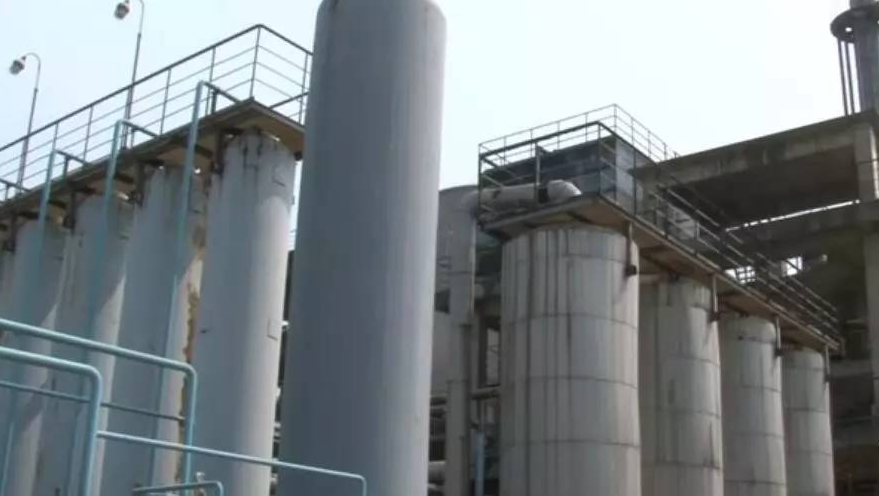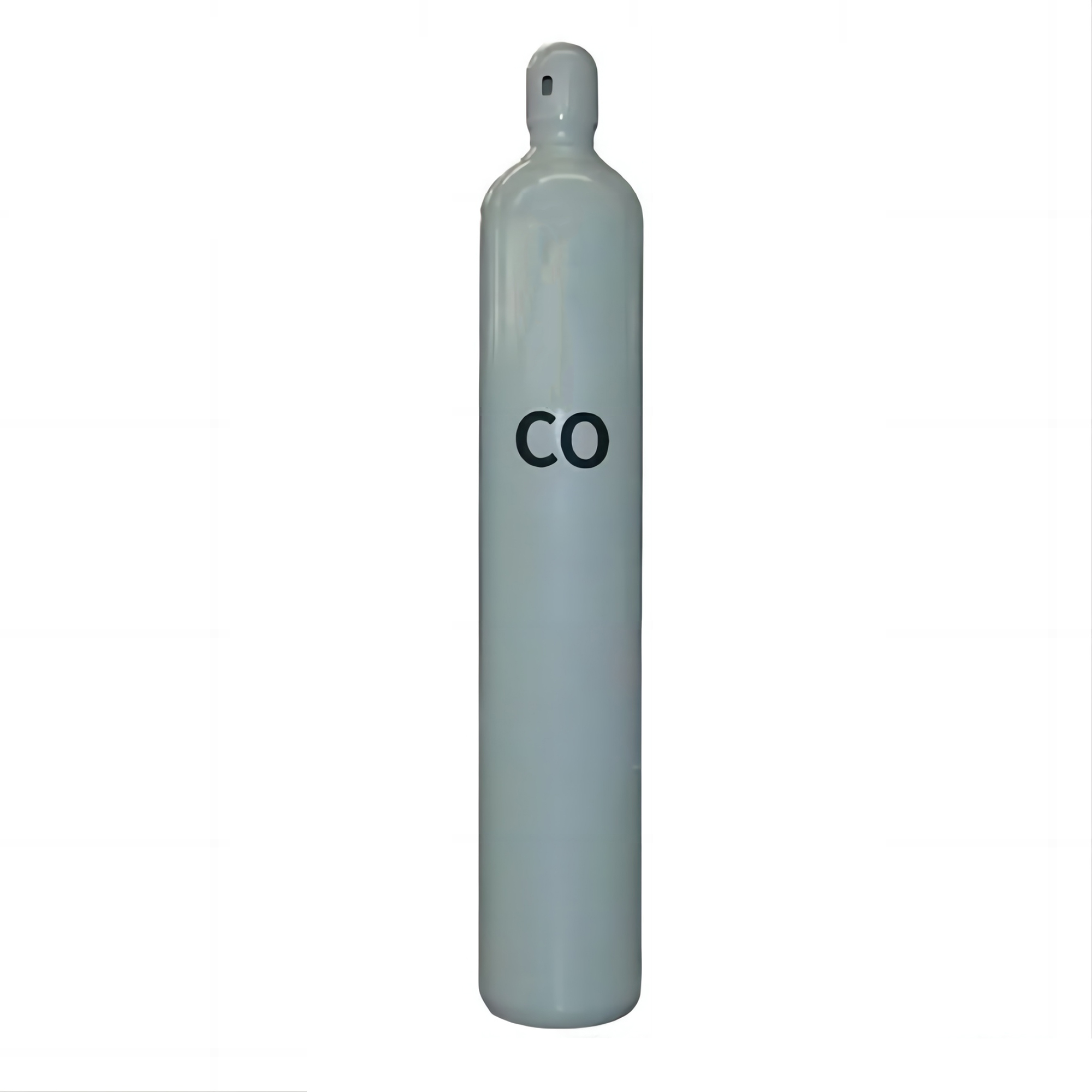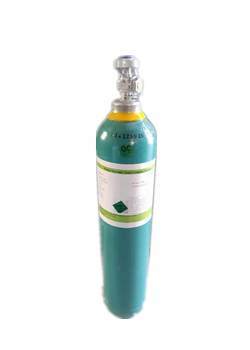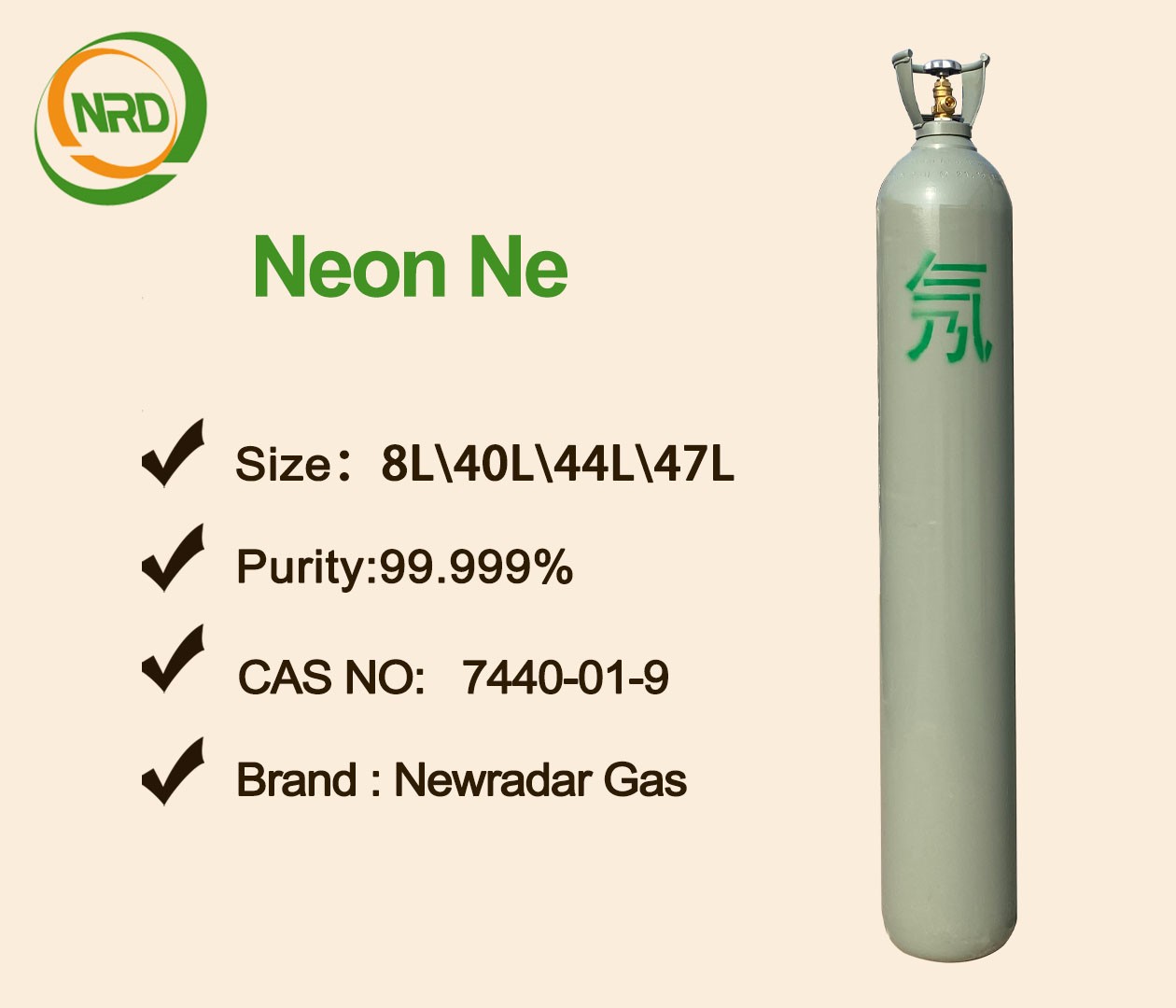Energy - saving inert gas for insulating glass
Compared with air, the inert gas in insulating glass has high density and low thermal conductivity, so it can slow down the thermal convection of the middle layer and reduce the thermal conductivity of the gas, thus reducing the heat transfer coefficient of insulating glass, which is conducive to improving the thermal insulation performance and energy saving effect of insulating glass.
Types of inert gases: Inert gases include helium (He), neon (Ne), argon (Ar), krypton (Kr), xenon (Xe) and radon (Rn). All inert gases are colorless, odorless, non-toxic and gaseous monatomic molecules, which are in the zero group in the periodic table. Their outer electrons have reached saturation and their activity is very small.
The inert gas used for filling hollow glass generally includes argon, krypton and xenon. Among these three gases, argon has the highest content in air, accounting for about 1% of the air. It is relatively easy to extract and the price is low, so it is the most commonly used inert gas to fill the air layer of hollow glass.
Inert gas
Hollow glass filled with inert gas
Hollow glass is filled with inert gas, which can increase the heat insulation function of the product. Compared with glass filled with inert gas, hollow glass has more advantages in energy saving, achieving the following effects: the heat energy can be retained indoors in winter; Summer keeps the heat out; Energy saving heat preservation is no problem! After inflating can reduce the internal and external pressure difference, maintain the pressure balance, reduce the glass burst caused by the pressure difference. Argon can effectively improve the K value of insulating glass, and can: reduce condensation of indoor side glass; Improve comfort level; Aerated insulating glass is less prone to condensation and frost; You can see the clean world outside!
Argon, as an inert gas, can slow down the thermal convection in hollow glass, and at the same time improve its sound insulation and noise reduction effect to a greater extent: The insulation of insulating glass is better, and the sound insulation effect is improved. Because the gas filled is dry inert gas, the air with moisture in the hollow glass cavity can be replaced out, so that the environment in the cavity remains dry, and the service life of the molecular sieve in the aluminum interval frame is prolonged.
Standard for filling insulating glass with inert gas: there is no specific regulation on how much inert gas to fill insulating glass in the industry, but generally speaking, it can not be less than 90%.





 Facebook
Facebook YouTube
YouTube LinkedIn
LinkedIn Twitter
Twitter